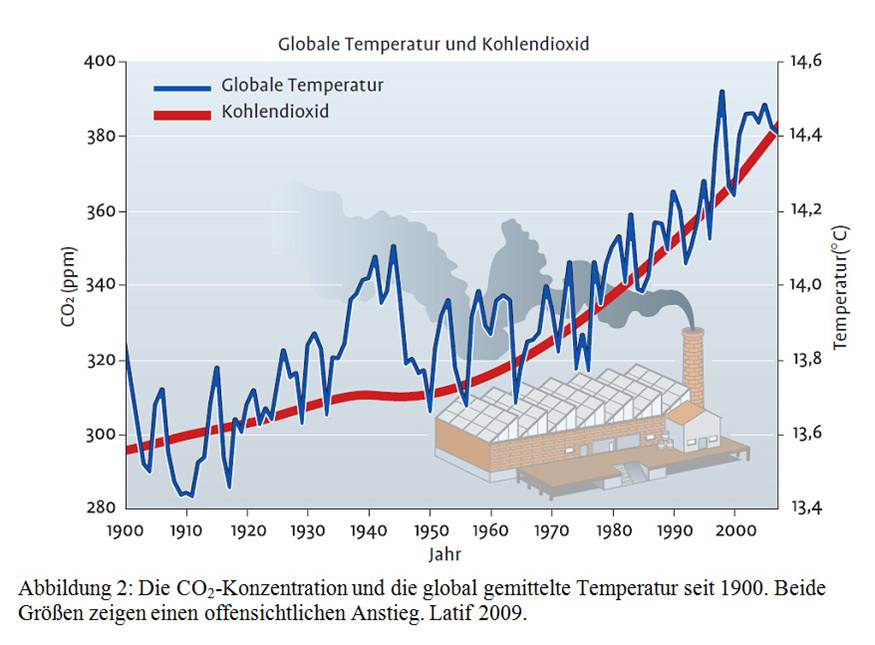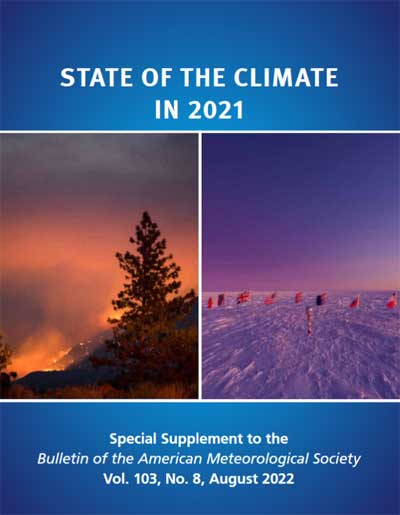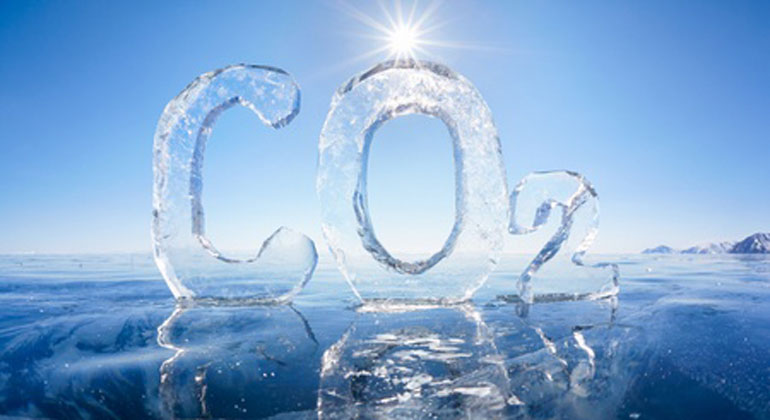New CO2 record – where is our breeding instinct?
It is getting hotter and hotter – the glaciers are melting faster and faster – emissions are reaching ever new record levels. Are all efforts to save the world climate too late? Have we already totally lost our breeding instinct?
In 2021, the concentration of greenhouse gases has reached its highest level in at least a million years. This was just announced by the US National Oceanic and Atmospheric Administration (NOAA) for the year 2021.

In 1900, the CO2 content in the atmosphere was 280 ppm (particles per million particles). In 1940 it was already 310 ppm, in 2000 about 370 ppm and in 2021 it was exactly 414.7 ppm. The new record value for one million years. That is exactly 2.3 ppm more than in the year before. So also last year no decrease, but a further increase – despite the Paris promise of all 196 governments in 2015 to reach the 1.5 degree target.
The new numbers come as little surprise, but are a disaster nonetheless, because according to the same report, the years between 2015 and 2021 will be the warmest since records began 140 years ago. NOAA further shares that ocean temperatures and sea level rise have also reached new record highs.
Rise in methane levels
The rise in methane levels is downright frightening. This has accelerated dramatically since 2014 and a methane molecule pollutes the climate about 30 times more than a CO2 molecule. For 2021, scientists have measured the largest increase in methane increases since 1880. The three greenhouse gases CO2, methane, and dioxide monoxide reached record levels in 2021. This annual report from NOAA is based on input from 530 staff from more than 60 countries.
Climate experts have been warning about the tipping points of the climate crisis for years. Tipping points are developments after which there will be no turning back
The most dangerous tipping points:
- the thawing of permafrost in northern latitudes (Siberia, Alaska, Canada)
- the melting of the land ice masses on Greenland
- the clearing of the Amazon rain forests
- the change of the Gulf Stream
- the saturation of the oceans with CO₂.
If the development shown here continues, Africa will become uninhabitable before the end of this century and southern Europe will become Africa. As early as 2050, hundreds of millions of people in tropical and subtropical areas could be exposed to a perceived heat of up to 39 degrees on 120 to 200 days a year – that’s what the University of Washington in Seattle has calculated.
Animals still have their breeding instinct, which we humans have obviously already lost. No mouse has ever built a mousetrap, but humans continue to fuel the climate catastrophe, even though they have known for decades that millions of people are already dying every year as a result and that, at the latest, their own grandchildren will hardly be able to survive this heat.

Erich Fromm already asked: “How is it possible that the strongest of all instincts, the instinct of self-preservation, no longer seems to function?” (Erich Fromm: To Have or To Be? 1976).
- „State of the Climate in 2021„ | An international, peer-reviewed publication released each summer, the State of the Climate is the authoritative annual summary of the global climate published as a supplement to the Bulletin of the American Meteorological Society.
- Donwload „State of the Climate in 2021“ (pdf)
- „Probabilistic projections of increased heat stress driven by climate change“ | open-access journal Communications Earth & Environment.
- BAMS report: Record-high greenhouse gases, sea levels in 2021 | Greenhouse gas concentrations, global sea levels and ocean heat content reached record highs in 2021, according to the 32nd annual State of the Climate report offsite link.
Source
FRANZ ALT 2022 / Translated with www.DeepL.com/Translator (free version)








